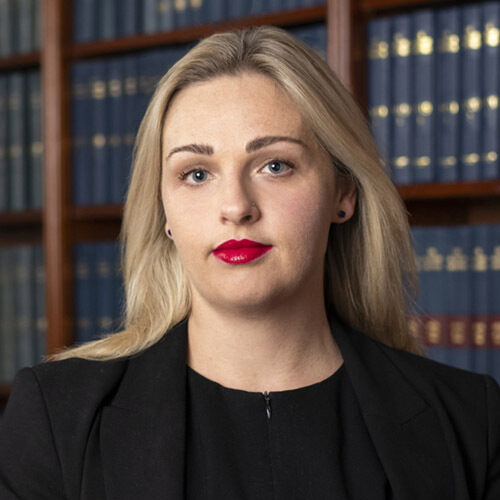- Summer 2023
- Capacity to Understand Moral Wrongness

BDO v The Queen [2023] HCA 16; 97 ALJR 377
In BDO v The Queen the High Court considered the applicability of the common law principle of doli incapax to the Queensland Criminal Code: whether what is required by the Criminal Code to rebut the presumption of incapacity can be equated with what is required by the common law.
Background
The appellant was charged with 16 child sexual abuse related offences on his younger sister. During the period in which the offences were alleged to have occurred the appellant was between 9 and 19 years of age. After a trial before a jury the appellant was found guilty of 11 counts of rape, including five counts where it was reasonably possible that he was between 10 and 14 years old.
Section 29 of the Criminal Code (Qld) provides that a person under ten is not criminally responsible for any action. It also provides:
A person under the age of 14 years is not criminally responsible for an act or omission, unless it is proved that at the time of doing the act or making the omission the person had capacity to know that the person ought not to do the act or make the omission.
The trial judge directed the jury according to the terms of s 29(2): [7].
The appellant appealed his convictions to the Queensland Court of Appeal. Dismissing the appeal, that Court held that the trial judge’s directions were sufficient and concluded that it was open to the jury to conclude that the appellant knew that the acts the subject of the counts for which he was convicted were wrong according to the ordinary principles of reasonable people: [11].
The appellant appealed to the High Court, arguing that the Court of Appeal had not correctly applied the common law presumption of doli incapax as explained in RP v The Queen (2016) 259 CLR 641.
The High Court
The High Court (Kiefel CJ, Gordon, Steward, Gleeson and Jagot JJ) held that the trial judge’s directions to the jury as to the requirements of s 29(2) were not in error, as the common law presumption of doli incapax involves a different test to that posed by s 29(2) of the Code: [24]. Whereas the common law requires consideration of what in fact the person knows or understands, s 29(2) is concerned with the person’s ability to understand moral wrongness: [15]. The distinction may be without difference in many cases, but it is possible that a child who has the capacity to know that an act is morally wrong does not in fact know it is wrong at the time: [21]-[22].
However, the Court upheld the appeal in respect of five counts on the basis there was a reasonable doubt about whether the counts occurred when the appellant was 14 years or older and, given the reasonable possibility that they occurred when he was under 14, there was insufficient evidence to rebut the presumption in s 29(2) in respect of those counts.
The Court referred to evidence at trial that the appellant was an average student, that he received sexual education at school, and that he was told as a child not to allow anyone to touch him or any private part of his body: [42]-[43]. It observed that this evidence did not provide much insight into his capacity to understand whether his actions towards his sister were morally wrong: [43]. It also referred to the caution in RP v The Queen against too quickly drawing an inference from a consciousness by a child of the need for secrecy: [48].
The Court emphasised the need for precision in a case involving multiple charges over a relatively lengthy charge period. It was necessary for the prosecution to point to evidence from which an inference could be drawn beyond reasonable doubt that the appellant had the requisite capacity at the time the specific act is said to have occurred, and this was not a matter that could be approached globally. While earlier conduct may be relevant to the question of a child’s capacity to know whether an act is wrong, reference to later conduct to establish capacity at an earlier time is not permissible: [52].
The appeal was allowed and a verdict of acquittal entered on the relevant counts. The matter was remitted to the Court of Appeal for re-sentencing on the remaining counts. BN
